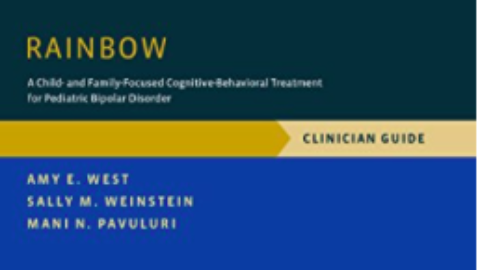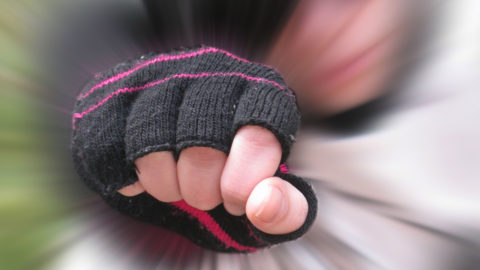Impulse control is a critical element of our day-to-day functioning both as an individual and in building the strength to control impulses in our children across all ages. Our children test our patience, yes? We cannot always remain as saints as we are provoked to react, only to regret later. I have done this. Only with practice and patience that we become mindful observers and refine our methods in building our children’s sense of control. What disappoints me in finding treatment for impulse control is two fold. (1) There is no single fix. Impulse control has the same underlying brain apparatus in all humans. Yet, poor impulse control manifests in many ways that demand diverse paradigms to train our children. (2) Inhibition and control often pushes us to teach stopping techniques. I remember screaming “Stop it.” Indeed, simple technique of ‘stop and think’ is good. But what do you think? How do you think? You may have heard that our kids gravitate towards what we ask them to stop and do the exact opposite. I think emphasis should be prosocial from the get-go. 
As simple as these treatment ideas are, there are many nuanced elements nested in each idea. So I tabulated them for the ease of picking one that impacts you the most at any given time, learn to analyze also using the accompanying diagram and understand the many faces of impulsivity. Again, these are not immediate short-term solutions as they rarely work effectively! I believe in lasting changes through long-term nurturing. This is because brain training in thinking, feeling and motor systems takes enormous practice over many years, and brain is more plastic during the developing years. This is an extension of the Brain Science step by Step Podcast on impulse control: https://www.drmanipavuluri.com/explaining-brain/podcast-impulse-control/
Parents must keep at expanding their dialogue through teaching moments, at every possible interaction. The detail is summarized in the table and the accompanying diagram to analyze and understand the many faces of impulsivity.
| Impulse Control: What To Do | ||
| Scenarios of Impulsivity | What To Do | |
| 1. | Impulsive, not raising hand, interrupting in classroom (Predominantly motor inhibition problem) | Understand the role in group setting, use logic and practice inhibition through understanding prosocial behavior through self moderation |
| 2. | Explosive, acidic, reactive verbally or physically (Predominantly driven by emotion dysregulation) | Interpersonal relationships are like business investment, putting money in the emotional bank. Learn that you do not burn bridges, think of how to build than burn, knowing the value of people that you care about or those that matter, and why they matter. |
| 3. | Wanting to escape unbearable pain and stress with self harm or impulses to end life, social anxiety- pressing parents to pick them up from school (Predominantly caused by combined deficits in emotional regulation and cognitive problem solving) | From early on, learn to think of options, decision-making, reasoning behind what you do and that there is always a solution and there are choices. Executive or decision making skills are quintessential. In extreme cases, treatment of underlying mood disorders is the key. |
| 4. | Rigidity with explosive and impulsive behavior when asked to transition from an activity such as video games (Predominantly cognitive flexibility and reward system deficits, secondary pattern to avoid emotional distress) | Help children to transition. Flexibility is in adapting, adjusting and going with the flow. When some folk are rigid, they seek comforting activities like gaming to hide and reduce stress. Expanding repertoire through small rewards in positive direction of change can help. |
| 5. | Impulse to shop, abuse drugs and alcohol, food addiction, gamble (Predominantly reward system deficit) | Break the habit circuit (Example. I mercilessly gave my son’s X BOX to salvation army one fine morning, a few years ago), self-instruction, teach what to do towards healthy rewards than what not to do, explain the consequences and the concept of ‘everything in moderation’ in some cases. |
| * Logic and emotional response are linked with life’s recent peak and past experiences that shape patience and endurance. Impulse control can be optimized through mindful attention to exercise the learnt skills. | ||















